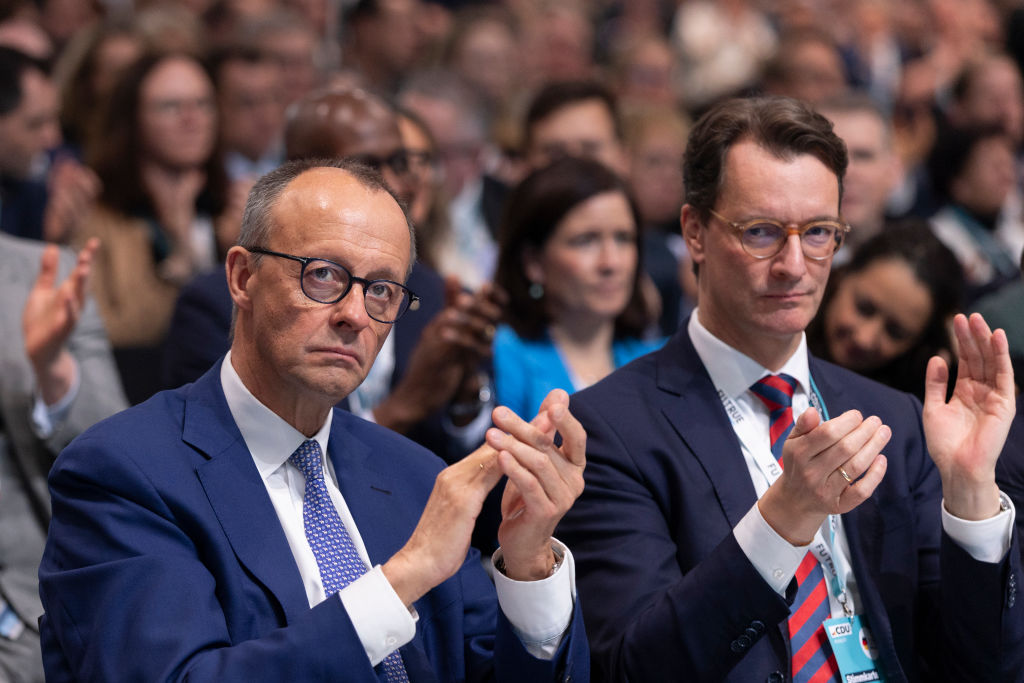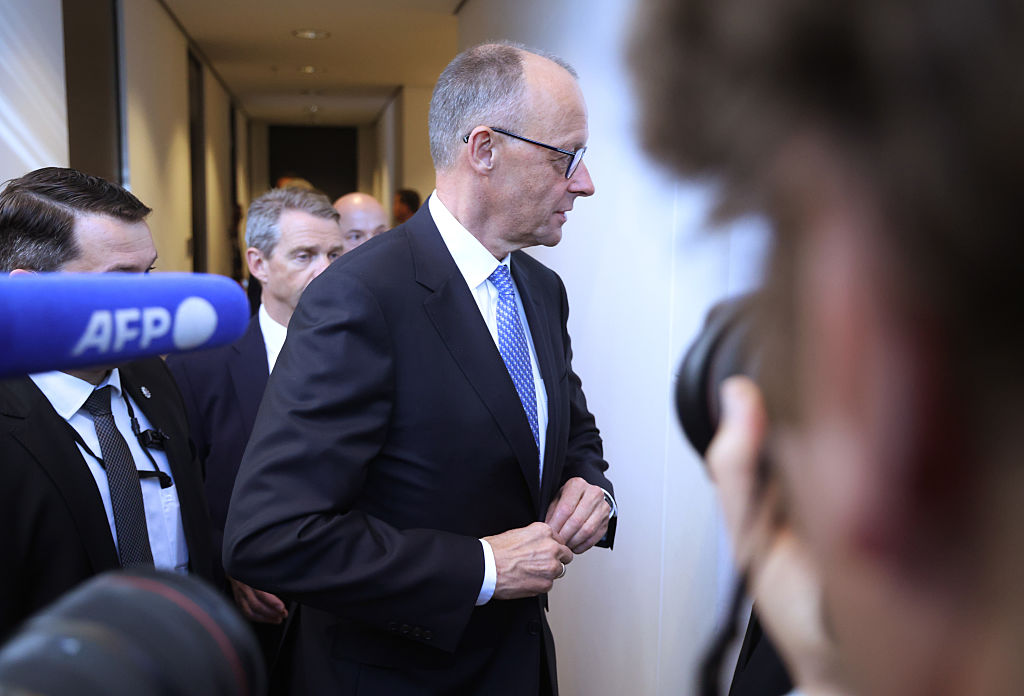Barely two months after assuming the German Chancellorship, Friedrich Merz has broken a key election promise.
Late on July 2 after five hours of debate Merz’ Conservative Christian Democratic Union (CDU) and its coalition partner, the Social Democratic Party (SPD), agreed there would not be a cut in the high electricity tax for households.
In the run-up to the February 2025 general election, the CDU had campaigned on cutting the tax back to the European minimum value, which would have saved an average German family around €90 per year.
The measure had been explicitly agreed upon in the coalition deal between the CDU and SPD.
Despite that, when finance minister Lars Klingbeil (SPD) presented the budget for 2025 on June 24, the promised tax cut had itself been cut from the agenda.
This came as a surprise in light of the record-breaking net new debt of more than €143 billion for 2025, which Klingbeil planned for Germany to take on this year.
The move sparked the ire of several CDU heavyweights as well as representatives of the German economy.
The coalition committee meeting on July 2 was set up to resolve the issue. In the end it turned into a win for the SPD. There would be no tax cut for households as planned by Klingbeil, the final protocol said.
Instead, consumers would get some gradual relief from Germany’s cripplingly high electricity prices, the second-highest in Europe, starting in 2026.
That would consist primarily of state subsidies rather than in any moves to make electricity production cheaper.
The promised tax cut has been tabled for “as soon as there is financial leeway for this”, as the agreement read.
As a consolation for the CDU, the coalition committee decided to move up the introduction of a “mothers’ pension” by a year, a pet project of Bavarian CDU leader Markus Söder.
The speeding up of the introduction by a year was expected to cost the German tax payer €4.5 billion. As CDU whip, Jens Spahn told German State TV station ARD, the beneficiaries could then use this extra money to pay their electricity bills.
Merz’s failure to secure his election promise was met with displeasure by many in the CDU.
Thorsten Alsleben, director of pro-business lobbying group INSM, wrote in a post on X on July 2: “No electricity tax cut, but an orgy of spending on pensions.
“The decisions of the coalition committee are a document of denial of reality.”





